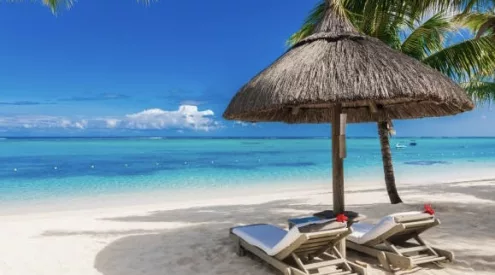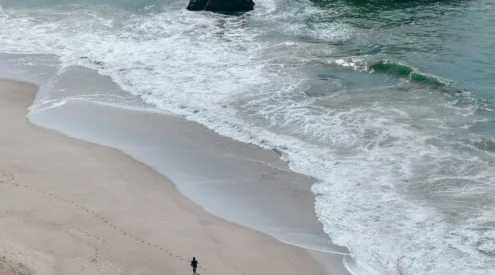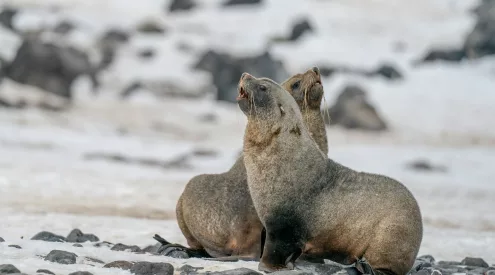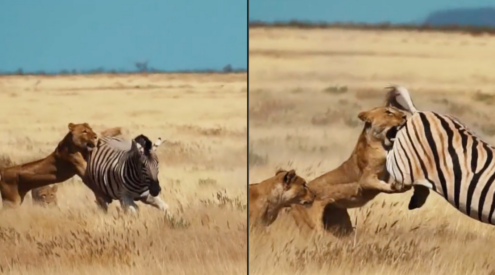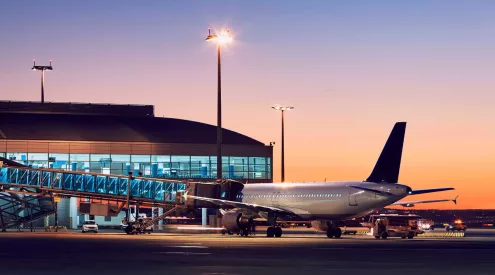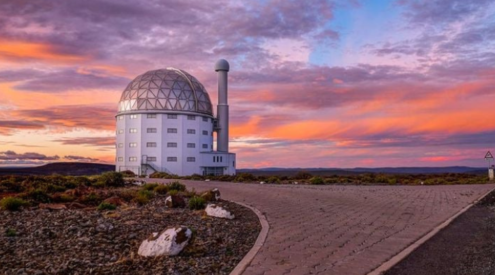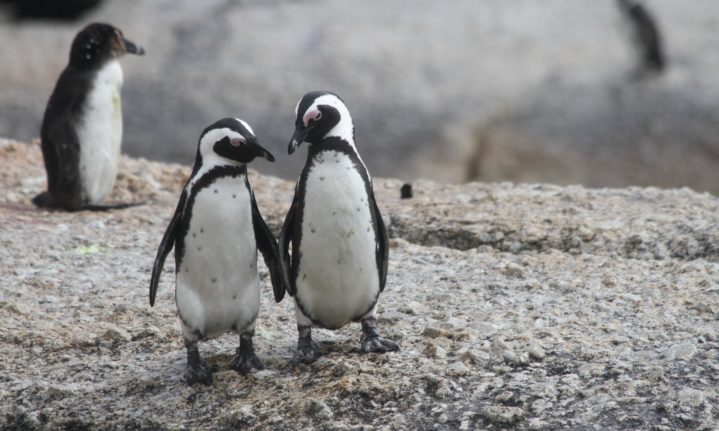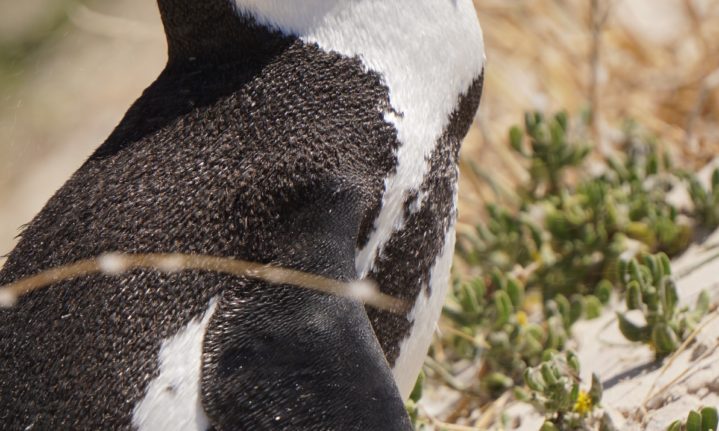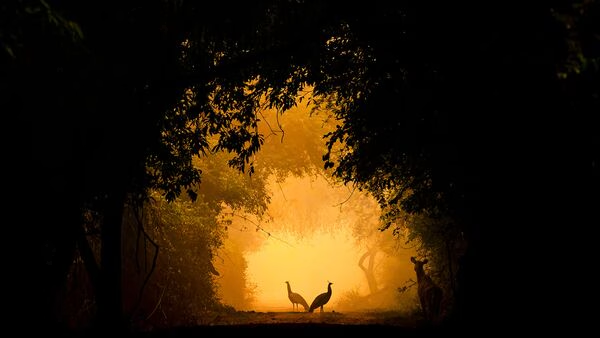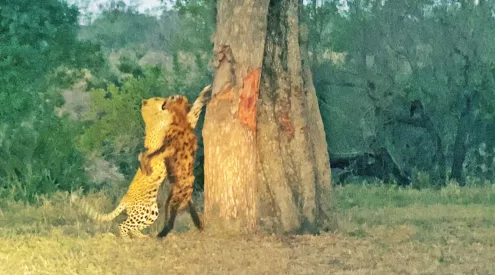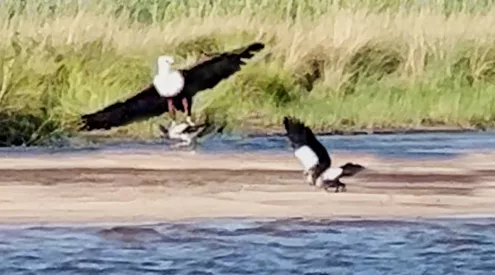The first thing that comes to mind for many people when they hear about African penguins is that they are ‘cute’. And of course, there’s no denying that these birds are adorable with their clumsy waddling and mischievous looks. They are truly special. But there is so much more to know about them and how they live, and especially about their fight for survival as a species.
Take the WWF’s penguin quiz and see how much you know!
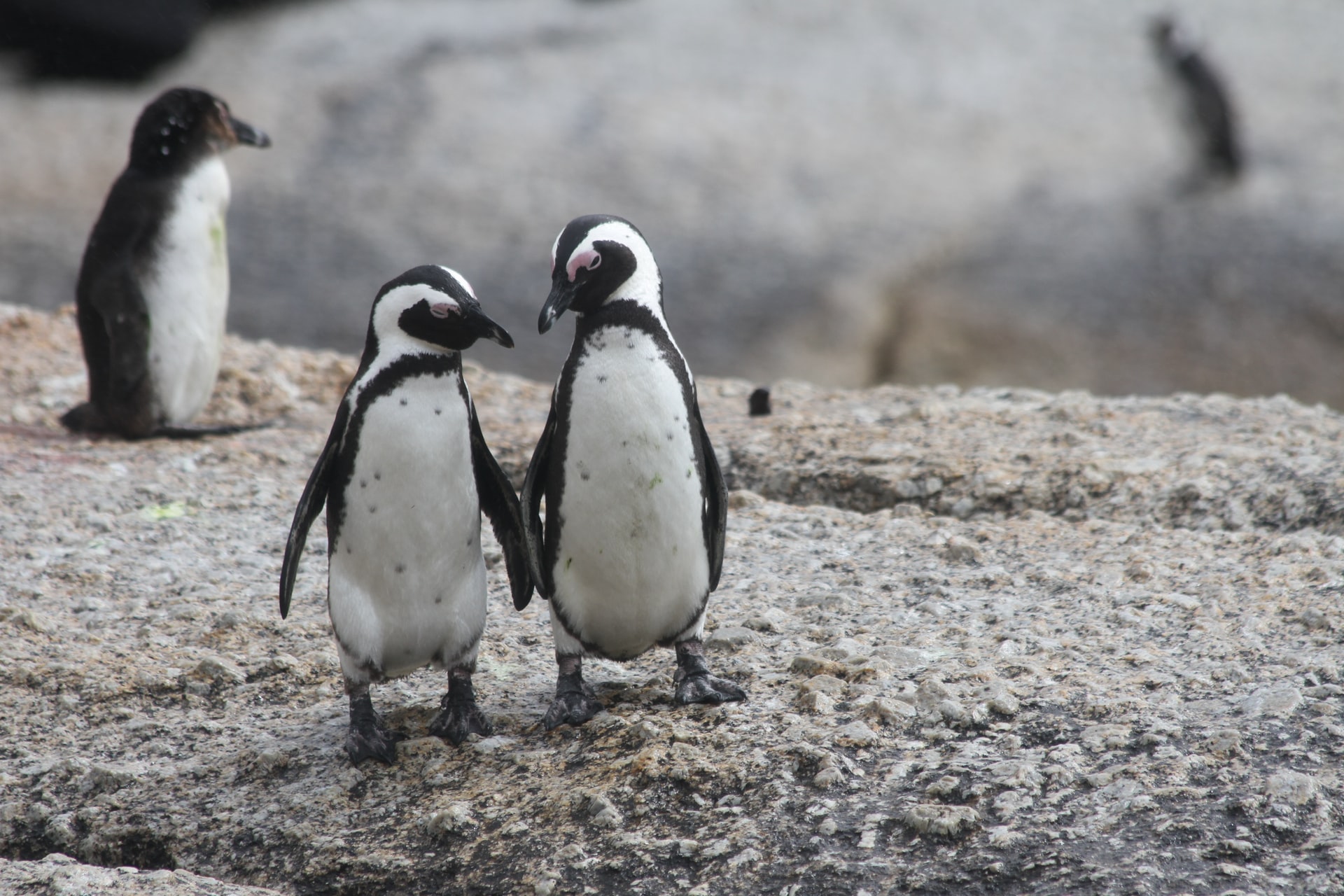
More about African penguins
Here are some fascinating facts about African penguins from the Two Oceans Aquarium:
-South Africa and Namibia are the only countries with African penguin colonies.
-African penguins truly mate for life. 80-90% of all African penguin couples will stay together for their entire lives.
-They are an indicator species – the decline in African penguin numbers is directly related to the overfishing of lesser-appreciated species like anchovies and sardines, and climate change.
-The black spots on their chest and belly are unique to each penguin and are the main way humans learn to tell the penguins apart.
-The deepest dive and breath-hold for an African penguin is 130m for 275 seconds.
-Penguins never need to drink fresh water. They swallow seawater and sneeze out the excess salt!
-They are also sometimes called ‘jackass penguins’ due to the braying sound they make, very similar to donkeys.
Take a look at this interesting video about them:
Conservation status
The IUCN Red List classifies African penguins as Endangered. These birds have been nearly wiped out by a range of human activities over the years, including overfishing and habitat destruction. The breeding population reached an extreme low of 20,850 pairs in the world in 2019, according to a journal article published in 2020.

The population has since steadily increased and today, an estimated 41,700 breeding pairs inhabit the coasts of southern Africa, reports Birdlife, but the species is not out of the woods by a long mile.
What can you do?
You can continue to educate yourself and others about these animals. The more we understand about them and the factors that threaten their survival, the more we can aid in their conservation.
You can also reduce your fish consumption or avoid eating fish that aren’t explicitly confirmed as sustainably sourced.
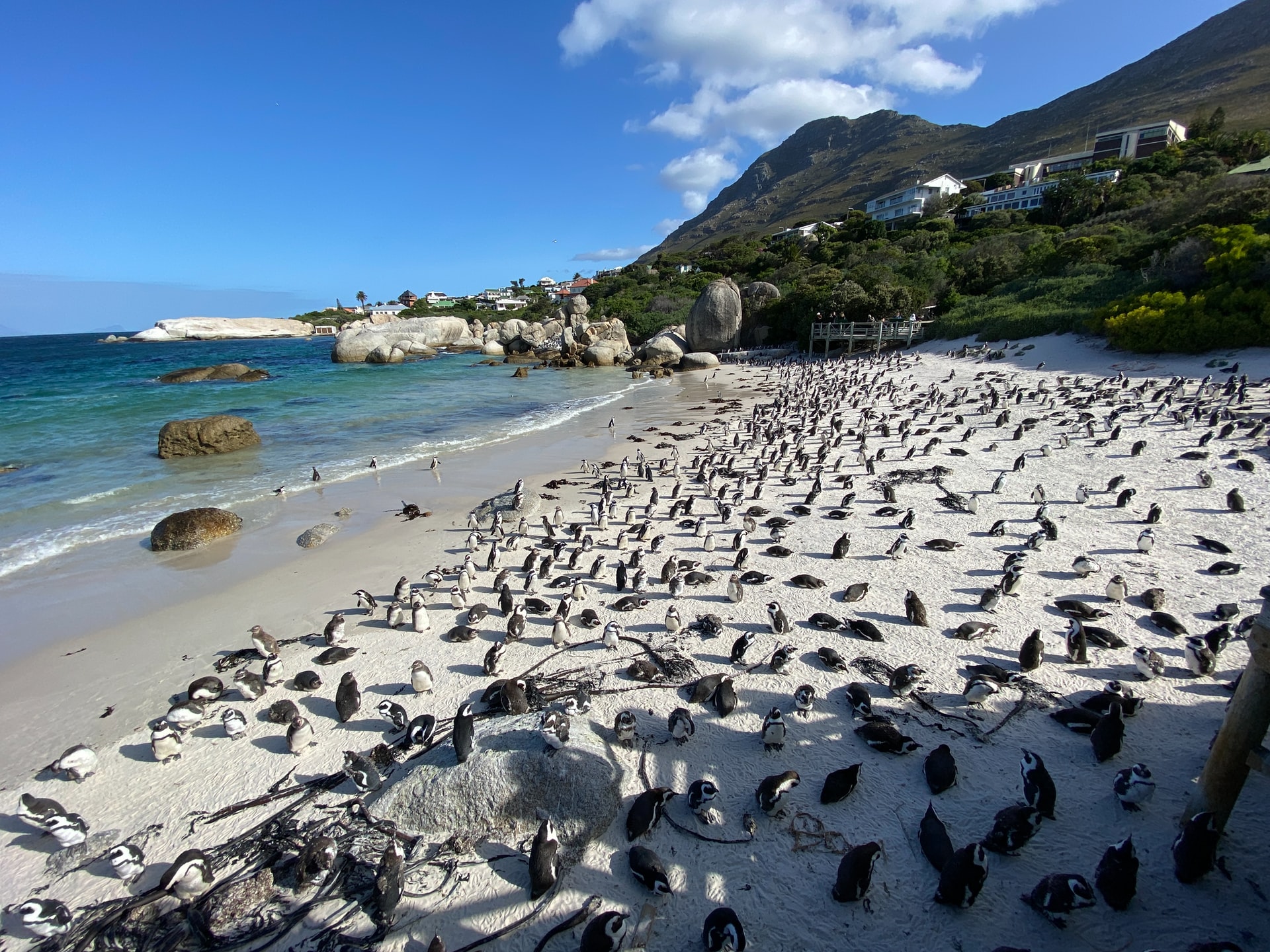
When visiting South Africa’s colonies, remember to keep your distance and observe without interfering. Humans have played a large part in disturbing their environment through children chasing them or throwing rocks at them, especially during moulting when they are not equipped to swim. Dogs and other animals can also destroy nests, injure penguins or eat their eggs.
You can also support one of the numerous non-profits who work with them to conserve the species, do research and rehabilitate injured birds like SANCCOB, the Two Oceans Aquarium Foundation, or the Dyer Island Conservation Trust.
Pictures: Unsplash
ALSO READ

